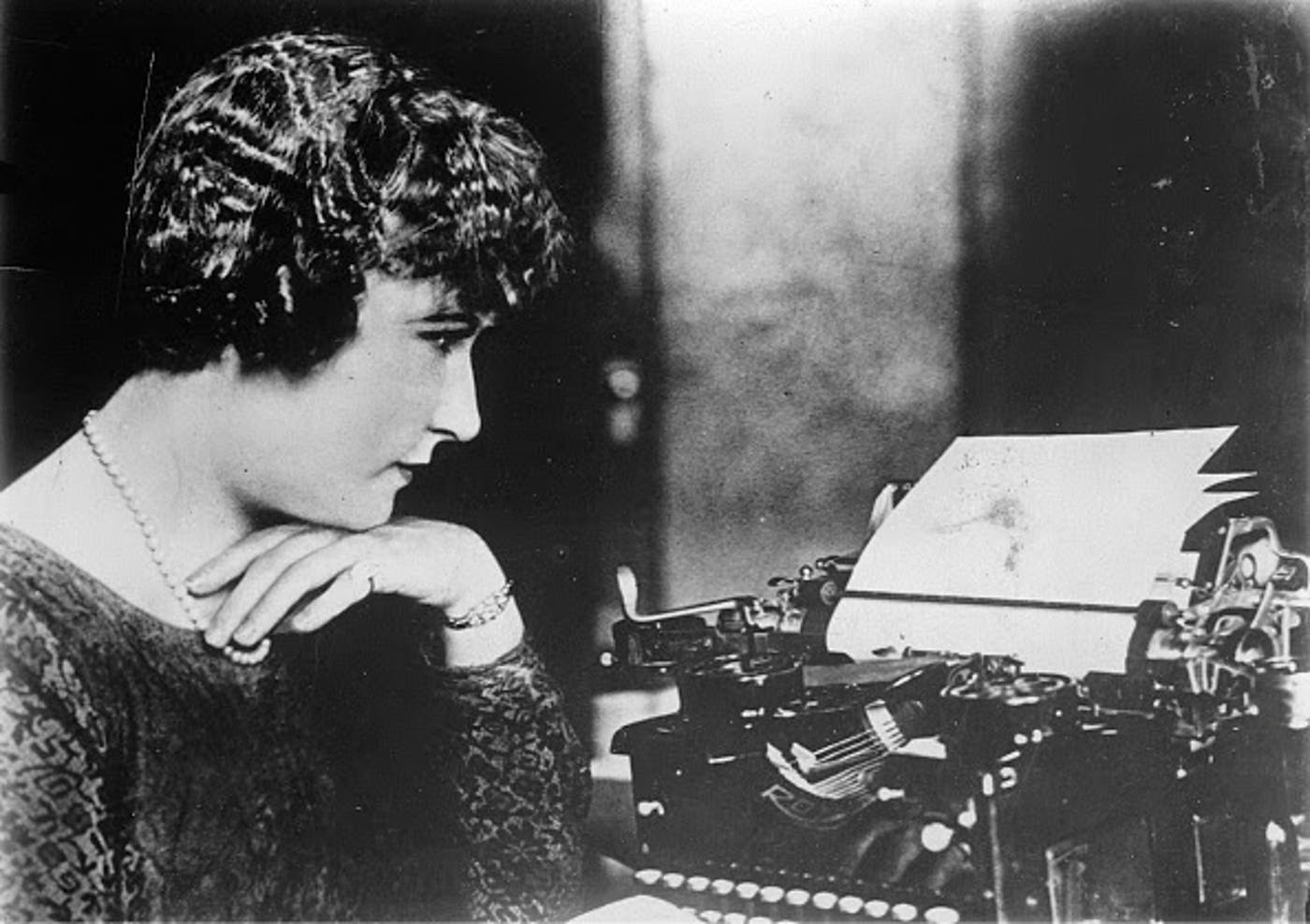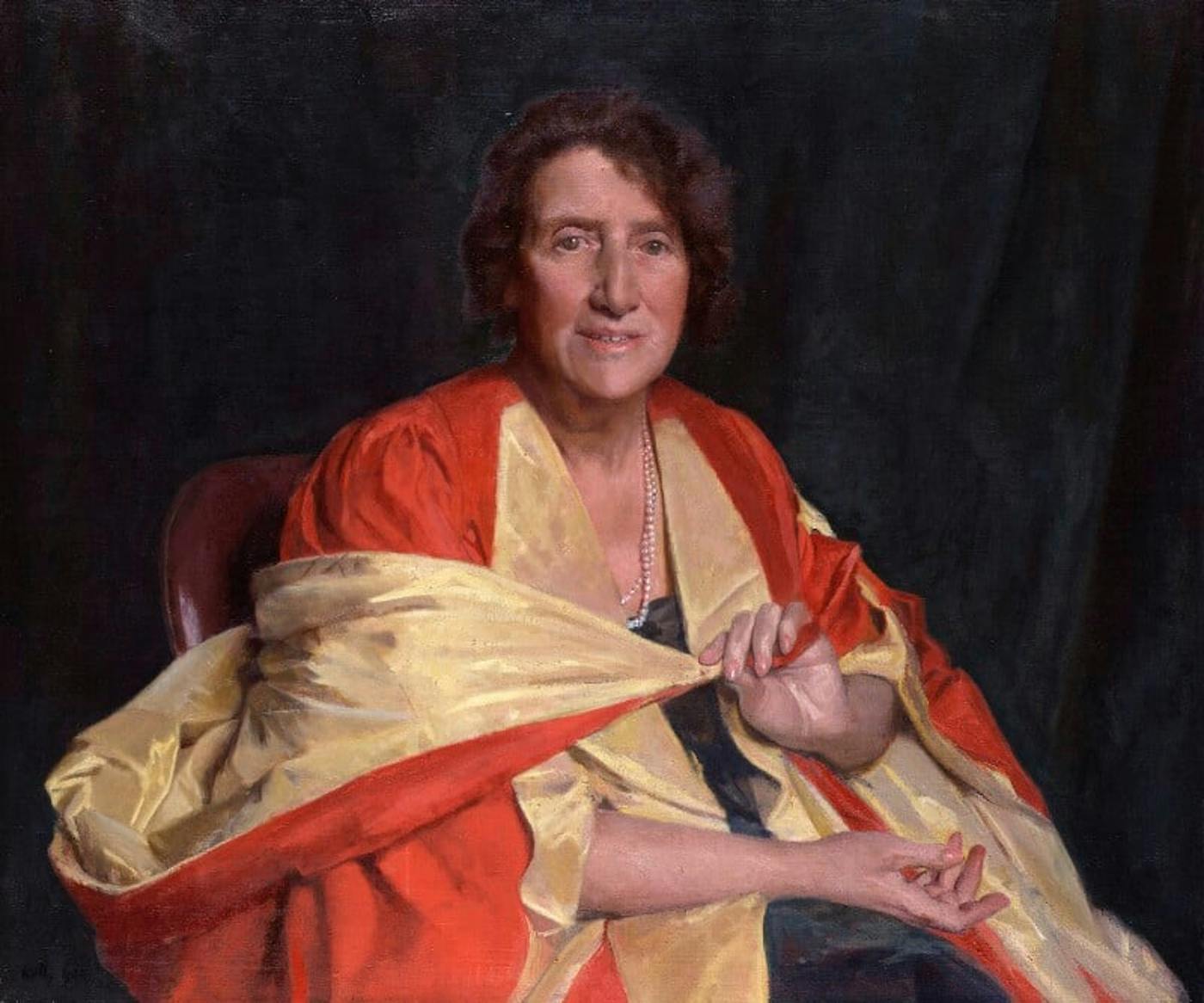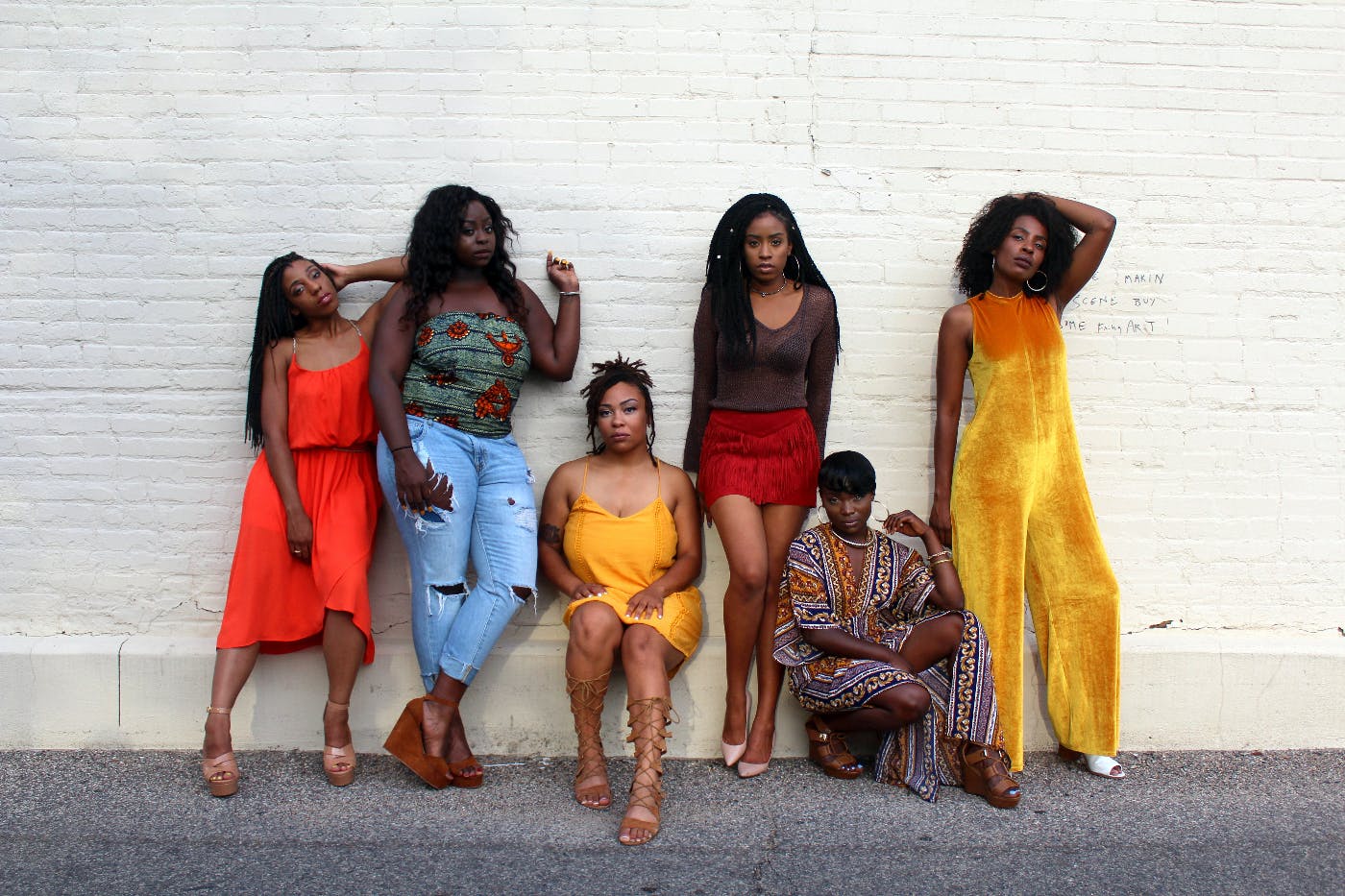
Here are ten women who truly affected the lives of humankind and should undoubtedly be celebrated this month.
March is National Women’s History Month, and there is much to celebrate. Not only the great women who helped change and shape our world but the women in our everyday lives that change us, affect us, and make us see the world differently.
There are women who are at the forefront of change, and we’re familiar with them, but there are several women through history that had a significant impact on our lives that perhaps you’ve not heard of. Let’s clear that up. Here are ten women who truly affected the lives of humankind and should undoubtedly be celebrated this month.
So, in no particular order, here are ten women who shaped the history of the world.
Mary Wollstonecraft
Born and raised in London, Wollstonecraft was a writer and philosopher credited with writing the foundational text for modern feminism, The Vindication of the Rights of Women. In this now-famous work, she argued that women were not naturally inferior to men; they appeared that way because they were denied education.
Wollstonecraft was mocked in her time and called “freakish” because she questioned everything about conventional femininity and pushed for equality at every turn. Her strength and sense of purpose were quite troubling for men in her time and, let’s face it, to some men these days as well. Despite the mockery, she is cited as the inspiration for so many feminists, from Jane Austen to Caitlin Moran, writer of More Than a Woman, among other feminist books.
Mary Anning
Anning was a working-class seashore collector living in Dorset who, while walking her dog Tray on the Blue Lias cliffs near her home, collected her first fossils, afraid the tide would wash them away. She eventually became a paleontologist and a world-leading authority on pre-historic fossils in Britain.
During her career, she discovered many dinosaur and fish fossils and went on to consult in many global geographical circles. Well-respected and highly influential, she was denied entrance to the Geographical Society of London because she was a woman, a fact that also prevented her from receiving full credit for all her work and accomplishments.
The sexism aside, Mary kept at her work for her entire life. Fun fact, many believe she is the inspiration for the tongue-twister; she sells seashells on the seashore.
Ada Lovelace
Lovelace grew up with a passion for math and science which made her a bit of an outsider, as women in her time and class didn’t really spend time with these subjects. However, her passion for science and math led her to be called by some, the first computer programmer.
At age 17, she met the scientist Charles Babbage. Despite an age difference, they struck up a strong bond, and Babbage cites her as his interpretess while he worked on developing the Difference Engine and Analytical Engine.
Lovelace’s insights into Babbage’s inventions were later found to far exceed those of Babbage himself. While the inventor saw the machines as merely mathematical calculating devices, Lovelace saw the great potential to undergo all sorts of complex processes, from governing applications to composing music. Her passion and dedication to the sciences earned her a place as one of the most influential people in the field of computing.

Beulah Louise Henry
Henry was a prolific American inventor and entrepreneur who created over 100 inventions designed to make daily life easier. Some of these inventions were the vacuum ice cream freezer, the can opener, and the bobbin-free sewing machine.
She also founded two companies and consulted with several others. In 2006 she was inducted into the National Inventors’ Hall of Fame.
Frida Kahlo
Kahlo was a Mexican artist whose work spanned generations, class, sexual identity, and race in Mexican society. She is the first Mexican woman to have her work displayed at the Louvre in Paris. She was known for being an eccentric in political and social circles; however, she didn't reach the height of her fame until the late 1970s.
Today, she is known for her art and as an essential figure in art history, and as an icon to Chicanos and the LGBTQ community.
Marie Van Britton Brown
Brown was an African-American nurse living in New York during the 1960s. She had the desire to protect her family and friends in a city that was becoming more and more unpredictable and dangerous.
She invented the first closed-circuit television system (CCTV) so that people could see who was at the door without opening it and inviting potential violence.
Her invention was the predecessor to our modern CCTV systems and video monitoring-based surveillance, and the fame of her invention spurred the roll-out of the CCTV systems in use in most modern cities worldwide.
Émilie du Châtelet
Châtelet was a French natural philosopher, author, mathematician, and physicist who did a great deal to get Europeans to accept Newton’s Theory of Gravity was correct. She published translations of his work and extensive commentaries on Newtonian physics.
Throughout he life, she fought traditional gender roles by pursuing education in science and math, particularly physics, breaking gender barriers in pursuit of her passion.
It was said that she was ejected from cafes where men of science gathered to discuss the latest scientific discoveries because she was a woman. Undaunted, Châtelet went home, put together a male outfit, and went right back to the cafe to discuss science with the men.
She also loved being a mother, dressing in nice clothes, dancing, and throwing dinner parties. She never conformed to traditional female roles and declared that her life was about enjoying herself and learning as much as she could.
Katharine Graham
Graham was the publisher of the Washington Post for nearly three decades. During her tenure, she oversaw the publication of the Pentagon Papers and the breaking of the Watergate scandal that eventually led to the resignation of Nixon.
She was only the second-ever publisher of a major American newspaper. She received the Pulitzer Prize in 1997 for her memoir Personal History. In 2002, she was inducted into the National Women’s Hall of Fame.

Marie Stopes
Stopes was a Scottish-born birth control advocate and sex educator who rose to prominence when she published her books, Married Love and Wise Parenthood. Following the publication of these books, she set up the first birth control clinic in Britain. She was particularly focused on bringing education about birth control and planned parenthood to the working-class folks of Britain.
Mary Stopes International, the charity named after her, now provides reproductive health education to 37 nations worldwide.
Nellie Bly
Bly was an American investigative journalist who refused to write stories on subjects deemed female; She didn’t write the usual articles about fashion, romance, and society, opting to write about hard-hitting subjects typically reserved for male writers.
Bly is best known for checking into the Blackwell's Island Insane Asylum in New York, where she did research for her very famous book, 10 Days in a Madhouse—exposing the terrible treatment of women with mental disorders.
She later went on to achieve a world record when she took the imaginary work of Jules Verne’s Around the World in 80 Days and actually completed the trip in 72 days.
Perhaps these names are less well-known than other women throughout history, and the list here is very short, but these women contributed to the world in quiet but substantial ways.
During the month of March, which is National Women’s History Month, you should take a little time to look into the contributions that women have made to this country and the world. Women are constantly making our lives better, more interesting, and just nicer all around.
Learn and understand during this month how lucky we are to have such intelligent, driven, and curious women shaping our past and redefining our future.

